Mastectomy Surgery Cost In India
Unlock Exclusive Discount : Your Gateway to Premium Healthcare with Medsurge India Health Value Card.

Unlock Exclusive Discount : Your Gateway to Premium Healthcare with Medsurge India Health Value Card.

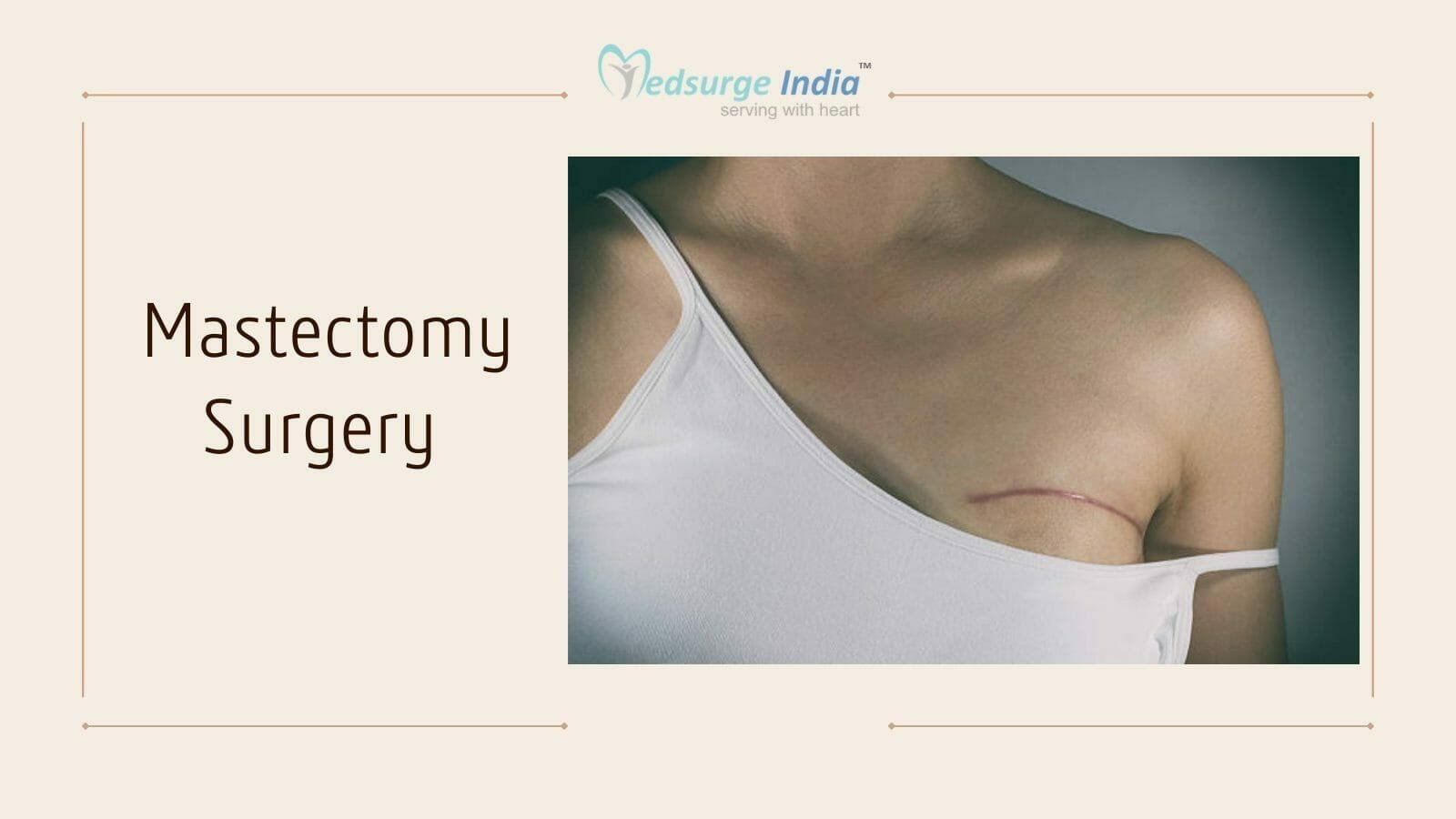
In order to treat or prevent breast cancer, a mastectomy surgery in India is a surgical procedure where the entire breast tissue is removed from the breast. There are various types of mastectomy, including total, partial, and preventative. A mastectomy might be a possible course of treatment for those with early-stage breast cancer. A partial mastectomy includes removing the portion of the breast that contains the tumor, abnormal lump, or abnormal cells. The breast is entirely removed during a total mastectomy. Another alternative is breast-conserving surgery, or lumpectomy, in which only the breast tumor is removed. In some cases, mastectomy can be combined with radiation therapy.
Mastectomy surgery cost in India depends upon multiple factors such as the hospital’s location and accreditations, the surgeon’s experience, the type of room, the duration of the hospital stay, and the requirement for adjuvant therapy.
A mastectomy is a surgical procedure used to completely or partially remove one or both breasts. In general, this procedure is advised for those who have breast cancer or occasionally when a man or woman is thought to be at high risk of developing breast cancer (prophylactic operation to avoid cancer). Males can also utilize it to get rid of breast cancer tissue (breast reduction).
In contrast to systemic treatments for breast cancer like chemotherapy, hormone therapy, and immunotherapy, a mastectomy is regarded as a local therapy that targets a particular location of the tumor.
It is often known as a simple mastectomy, which involves the surgeon completely removing the breast tissue while leaving the auxiliary contents alone. Sometimes, the first auxiliary lymph node, called the sentinel lymph node, is removed as this is where the metastasizing cancer cells would be expected to drain into.
In this procedure, the physician eliminates the lymph nodes and adipose tissue in addition to the total breast tissue.
It is also called as Halsted mastectomy. The pectoralis muscles (both major and minor) behind the breast, the auxiliary lymph nodes, and the entire breast tissue are removed. This procedure is typically performed when breast cancer returns to the muscles of the chest wall or when tumors have impacted the pectoralis major muscle.
In this procedure, the nipple-areola complex is preserved while the breast tissue is removed. This procedure was initially used only prophylactically or in the case of mastectomy for the treatment of benign diseases. Today, tumors that are not in the subareolar position are also taken into consideration for the procedure.
The only malignant portion of the breast, along with some surrounding normal tissue, is removed during this particular type of mastectomy surgery. A partial mastectomy is different from a lumpectomy in that more breast tissue needs to be removed.
The average Mastectomy Surgery Cost in India starts from USD 3500, the removal of breast tissue and other breast components depends on the severity. The process is carried out while sedated broadly. The patient must spend at least 3 days in the hospital. The diagnosis and the facilities the patient chooses will determine the overall cost of mastectomy surgery in India.
Here are the prices for the types of mastectomy surgery in India
| Treatment | Starting Price |
| Total Mastectomy | USD 4000 |
| Modified Radical Mastectomy | USD 4200 |
| Radical Mastectomy | USD 4000 |
| Nipple-Sparing or Subcutaneous Mastectomy | USD 3800 |
| Partial Mastectomy | USD 3400 |
| Cities | Starting Prices |
| Delhi | USD 3500 |
| Noida | USD 3600 |
| Gurgaon | USD 3500 |
| Bangalore | USD 4000 |
| Chennai | USD 3600 |
| Kolkata | USD 3500 |
| Mumbai | USD 3900 |
| Hyderabad | USD 3800 |
Note: The pricing of the above treatment will vary according to different factors.
In terms of quality and standard, the level of medical care and services is comparable to that of the best hospitals in the world. Even after accounting for travel, hotel, and food expenses. Here are some variables that can affect Mastectomy Surgery cost in India:
By being aware of these variables, patients and medical professionals can successfully negotiate and make choices that suit their requirements and preferences.
The decision to get a mastectomy depends on a number of circumstances, including
In addition to the treatment of breast cancer in India, a mastectomy is advised in the following circumstances:
Using an elliptical incision around the breast, a mastectomy is a successful treatment for early-stage breast cancer. The surgical extraction of breast tissue and other breast components depends on the severity. The process is carried out while sedated broadly.
Following your procedure, you can expect:
In search of the best oncologists in India, people from various European nations travel to India for medical tourism.
You run a slightly higher risk if you simultaneously undergo a double mastectomy and breast reconstruction. You may be more likely to experience complications if you have diabetes, are overweight, smoke, or have other health issues. There could be problems, for example:
Another complication of mastectomy and lymph node surgery is lymphedema, which causes swelling in your arm. Approximately 20% of people develop lymphedema after a mastectomy with lymph node removal.
Recovery takes longer with larger operations. After a total mastectomy, it's typical to spend one day in the hospital. You'll probably feel at ease carrying out all of your typical daily activities in around four weeks.
If the procedure you received required greater recovery time, such as a mastectomy with body tissue reconstruction for the breasts, you might require a longer hospital stay. A few months may pass before you feel completely better.
Share your medical records and information with us at MedsurgeIndia.com or complete the inquiry form to learn more about the exact mastectomy surgery cost in India and the best cancer hospitals in India. We will provide you with the most dependable quotations from the best hospitals.
A: Because of the following, a mastectomy is regarded as a serious procedure: One or both breasts are permanently removed during the surgery, which is a significant risk factor in and of itself. The length of the procedure can often range from 2 to 4 hours, depending on how severe the illness is. It is carried out when completely unconscious.
A: You'll likely feel weak immediately after surgery, and you might experience soreness for two to three days. Your arm may feel like it is being pulled or stretched in that area. Additionally, the area may be itchy, tingly, or painful. Within a few days, this will become better.
A: Driving and doing chores cannot be done until the drain is cleared. When you are no longer using drugs and you feel confident manoeuvring the wheel and making fast stops, you can resume driving. Don't stop using your arm after a lymph node dissection, but wait to exercise it until your first postoperative appointment.
A: Positioning and appearance: In some circumstances, you might not be satisfied with how the nipple is positioned or how it appears following restoration. After NSM, the nipple will always be upright.
A: Your doctor may advise chemotherapy to eliminate any cancer cells that were missed during surgery to remove the breast cancer and lower your risk of the disease returning.

Surgical Oncologist
Senior Consultant
12+ Years
BLK Max Super Speciality Hospital, New Delhi
View Doctor
Medical Oncologist
Associate Consultant
10+ years
Meitra Hospital, Calicut, Kerala
View Doctor
Radiation Oncologist
Senior Consultant
10+ years
Apollo Proton Cancer Centre, Chennai
View Doctor
Surgical Oncologist
Senior Consultant
8+ years
Meitra Hospital, Calicut, Kerala
View Doctor

Medical Oncologist
Consultant
15+ years
Care Hospitals HITEC City
View Doctor
Surgical Oncologist
Sr. Consultant & Associate Clinical Director
20+ years
Care Hospitals HITEC City
View Doctor
Surgical Oncologist
Senior Consultant
13+ years
Care Hospitals HITEC City
View Doctor
Surgical Oncologist
Senior Consultant & Head of the Department
22+ years
Care Hospitals HITEC City
View Doctor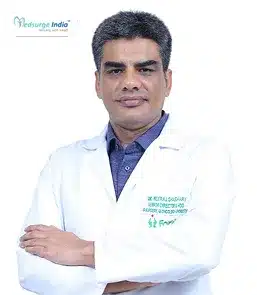
Surgical Oncologist
Senior Director
15+ years
Fortis Hospital, Vasant Kunj, Delhi
View Doctor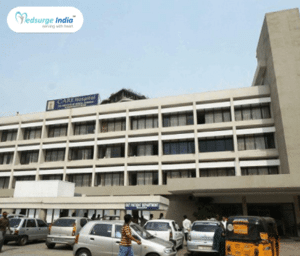
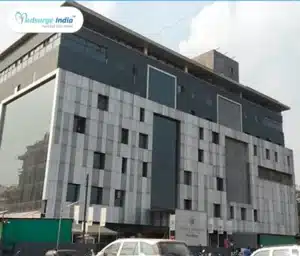
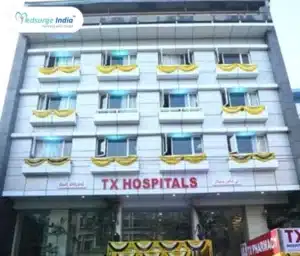
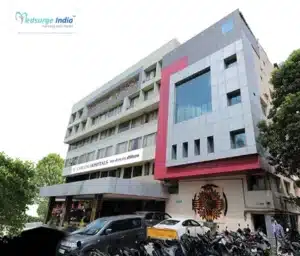



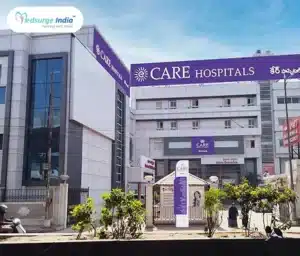
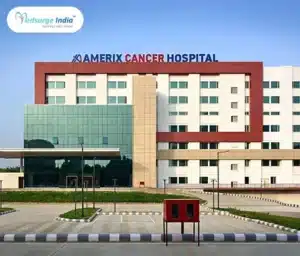
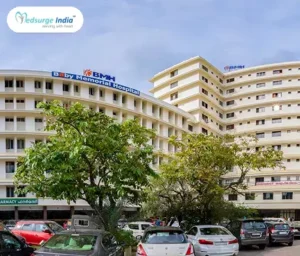
By using our site, you agree to our Terms and Conditions, Privacy Policy and Refund Policy. Medsurge India provides reliable healthcare information and treatment options to support informed decision-making. Our content is designed to support and complement the guidance of your treating doctor, helping you feel informed and confident throughout your healthcare journey. We also Accept International Payments.

Copyright © 2025 NSM ONLINE SOLUTIONS PRIVATE LIMITED. All rights reserved.